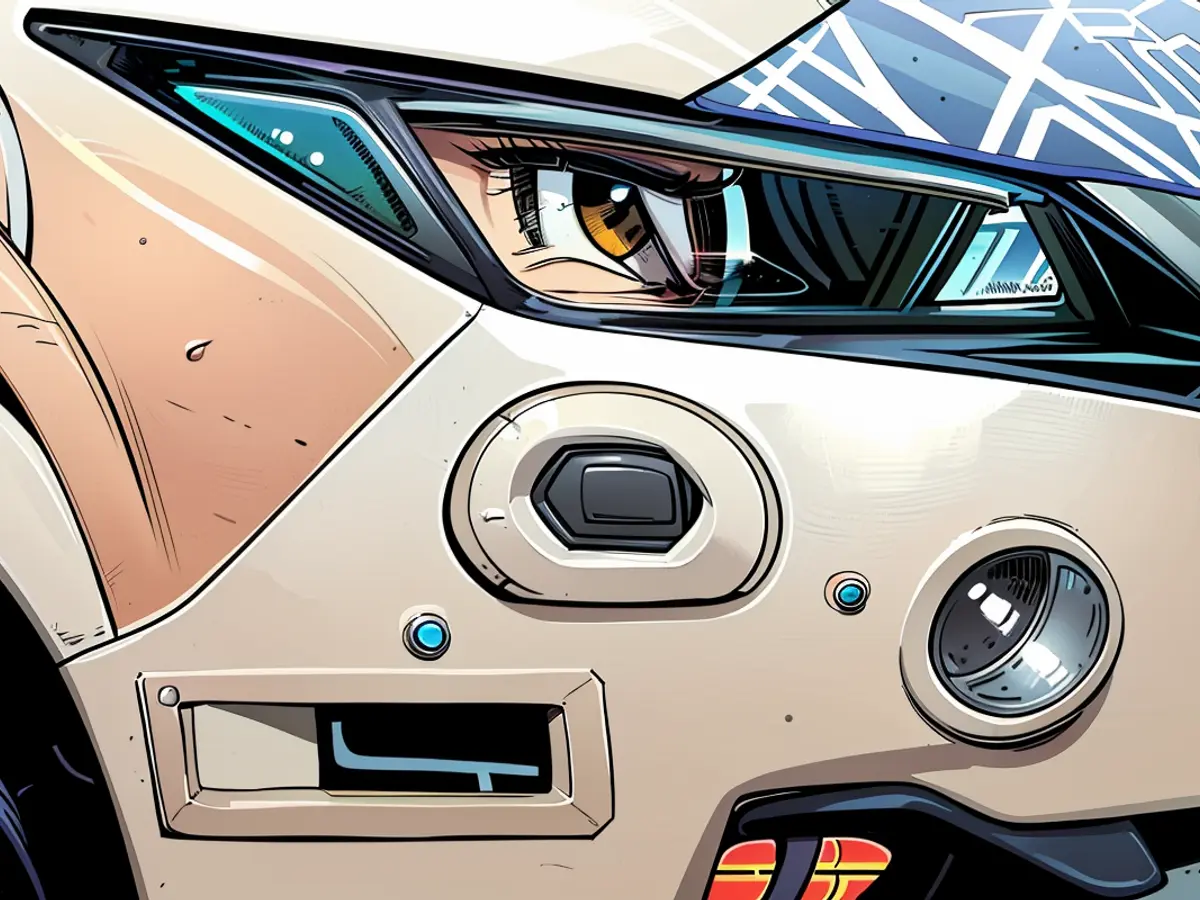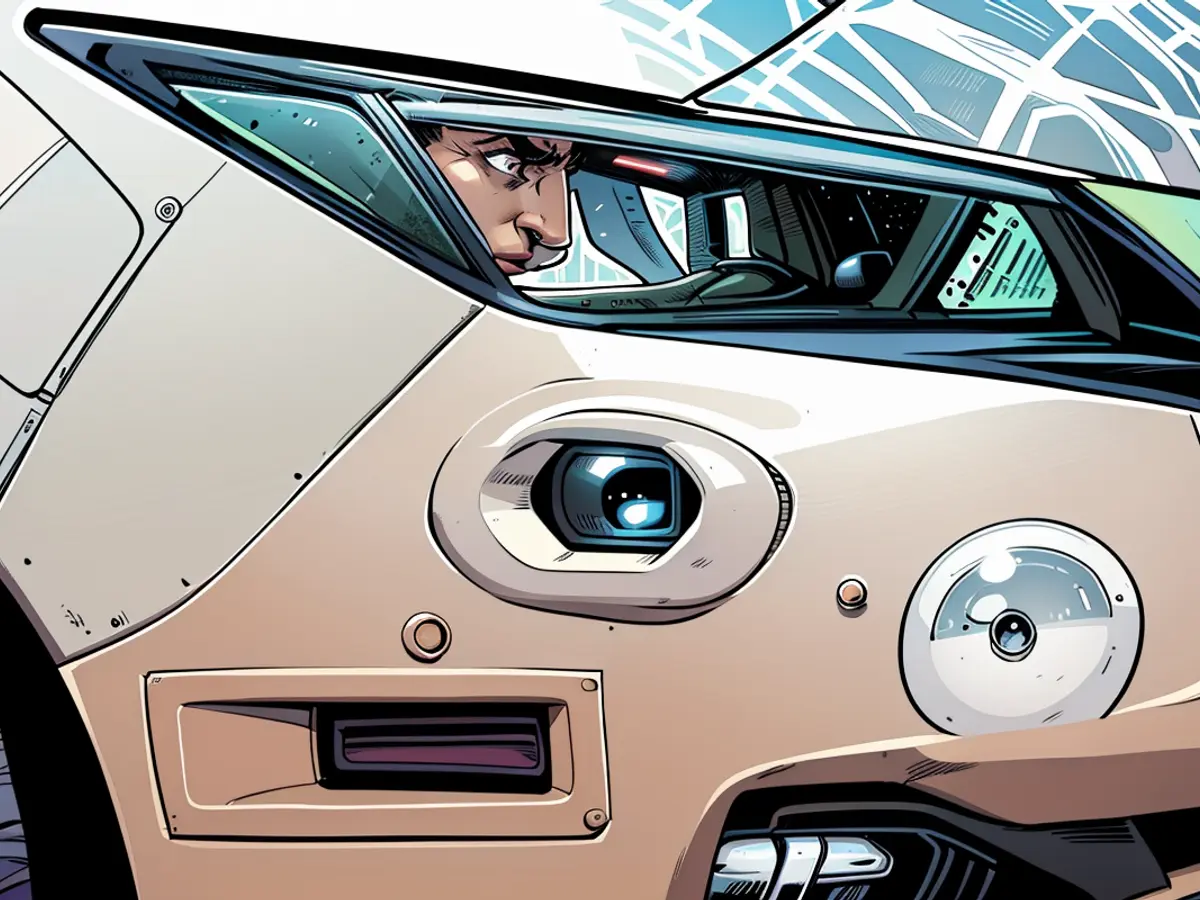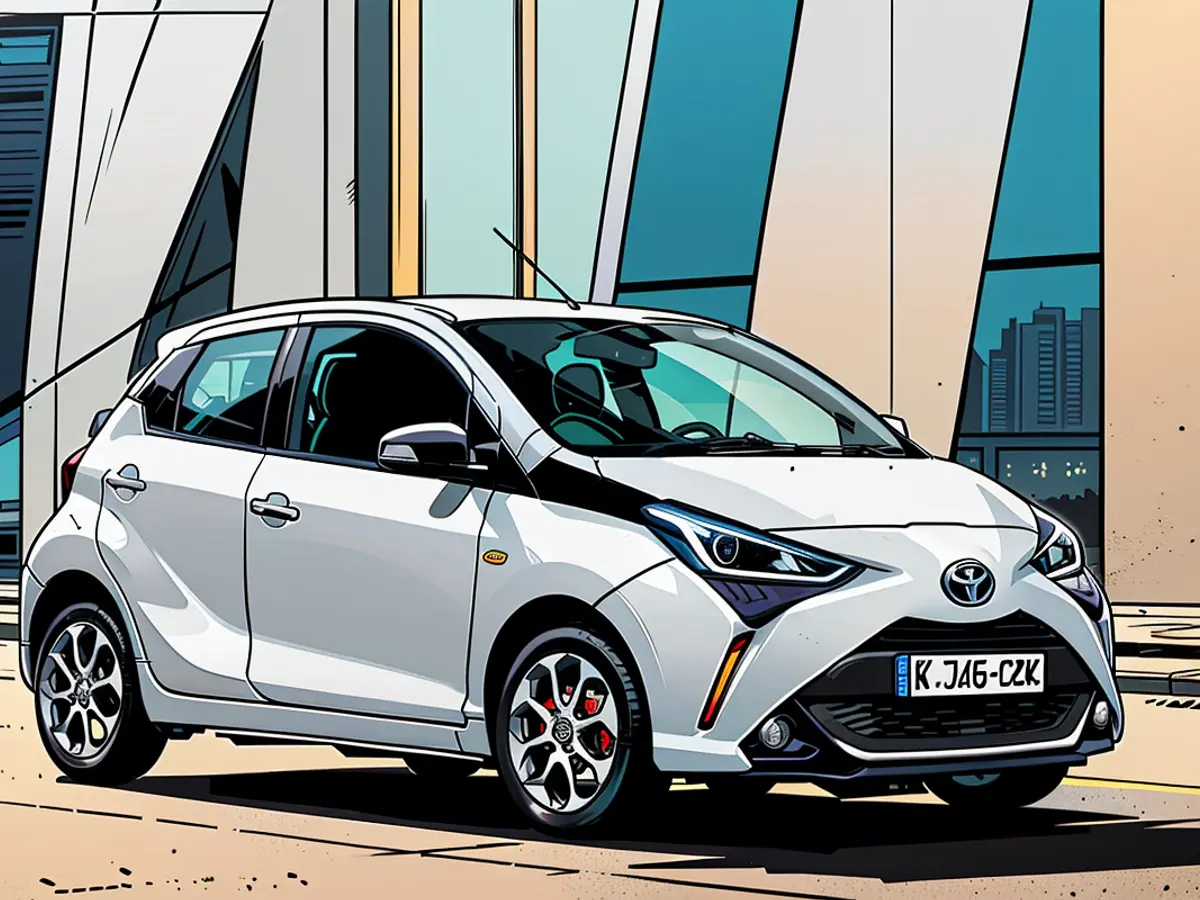E-Mobility - Car dealers do not accept electric vehicles: Where to with e-cars?
It is no longer a secret that the sales of used electric vehicles (BEVs) have stalled – and how. When electricity is sold, it is often with painful losses. A survey by the trade magazine "kfz-betrieb" and Vogel Research brings clarity: 68.7 percent – that is more than two-thirds of the dealers – do not accept used BEVs. For 51.1 percent of those surveyed, used electric cars are "almost unsellable" at the moment. Alarm level red if one wants to make money with cars.
The consequence is clear: In order to get these vehicles onto the lot at all, sellers must offer substantial discounts. On average, they have to discount 27 percent of the originally planned sales price. One does not have to be an economist to realize that this business model cannot last long. If we analyze the survey results further, exactly 80.2 percent of dealers report writing red numbers when selling used BEVs in June 2024. 61.1 percent of dealerships report "high losses" and no less than 19.1 percent speak of "moderate losses".
"From the trade's perspective, used BEVs are not particularly attractive goods," says the German Automobile Association (DAT) upon request. However, not all electric cars can be shaved under a comb. While interest is growing, it is only for the "young" BEVs that are not older than a year. This is bad news for the owners of leasing returners, who often have to wait two to three years on the lot.
"When the automotive industry talks about used cars, it is increasingly looking at BEVs," the DAT report from June states further: "From the perspective of end consumers, these are still less attractive options, as can also be seen in the low KBA registration figures."
Used electric vehicles "Victims of rapid technology development"
For Philipp Seidel, automotive expert at the consulting firm Arthur D. Little, this is not an unusual phenomenon: "In my opinion, used electric cars from the first generations are victims of rapid technology development on the used car market." These are the market laws at work. "Not long ago, used Teslas were still as expensive as new ones because new ones had long delivery times. Currently, we have rather overcapacities, so the prices for used cars and residual values are falling. The normal cycle," Seidel reassures. In the long run, Seidel sees the positive development that the core components of an electric car, such as the battery, are becoming cheaper.
This changes nothing about the status quo. Anyone who owns a used electric vehicle and wants to sell it to a dealer has, in most cases, difficulties. This is also not a desirable situation for the car manufacturers. Every car that the first owner drives longer than planned is a new car that is not sold. When asked by the manufacturers, all German OEMs unanimously state that the dealer is a free entrepreneur who is not bound by instructions from the manufacturer. Only the Stellantis group did not react. BMW supports its dealers: "We have already started a qualification offensive in used car sales for dealers, with a focus on BEVs, to prepare our dealers for the increasing number of returners and their resale. These trainings are currently in high demand," explains a spokesperson. Audi is also pushing training measures.
Manufacturers react differently
However, manufacturers react differently to the challenges of used electric cars. Some, like BMW and Audi, are investing in training their dealers to sell used electric cars more effectively. Others, such as Stellantis, are more hesitant. The French-Italian automaker has so far refused to comment on the issue.
The used electric car market is a complex issue, with many factors at play. But one thing is clear: the rapid pace of technology development in the electric vehicle sector is making it increasingly difficult for dealers to sell used electric cars profitably. And that's a problem for both consumers and manufacturers alike.
At the difficult situation of car dealers, it changes nothing fundamentally. If automobile manufacturers leave their dealers standing in the rain, the used electric vehicle (BEV) business will soon collapse massively. Mercedes is convinced of the quality of its products and therefore gives five-year warranties on selected models. Porsche is used to selling used cars, and so they are also resorting to proven sales tools such as the "Approved Warranty" in Zuffenhausen. Whether this is enough to boost resales of electric cars is yet to be seen. VW has recognized the signs of the times and is trying to counteract. "Through the Vehicle Lifetime Model, Volkswagen Financial Services will keep electric vehicles in their portfolio as long as possible in the future to offer attractive used car leasing to customers," the Lower Saxony carmaker announces.
For Philipp Seidel, there are no doubts: "Used EVs will not become electric scrap. Yes, we have to reckon that the first generation of electric vehicles will have a shorter lifecycle than classic, established combustion engines. That were the first attempts of manufacturers in a new environment. But that is not a problem of electromobility itself, but is inherent in the introduction of every new technology. The residual value is already limited by the high value of the battery. Now other market phases will follow, which will be shaped differently."
Dealers may struggle to lease out used electric vehicles due to their rapid technological advancements, leading to high replacement costs and decreased resale value. This issue affects not only dealers but also manufacturers, as unsold returners can hinder new vehicle sales. To combat this, some manufacturers, like BMW and Audi, are investing in training their dealers to effectively sell used electric vehicles. However, others, such as Stellantis, have yet to address the challenge.








